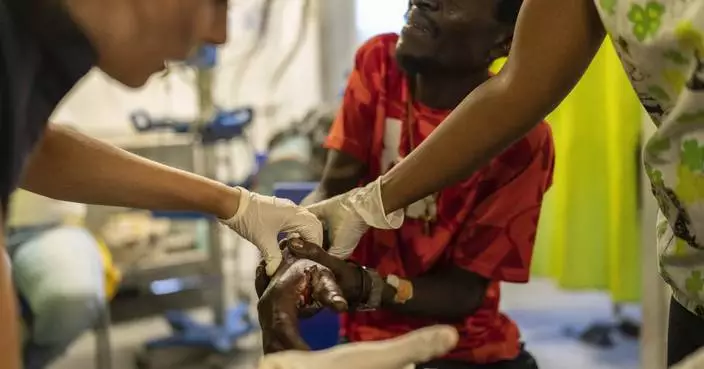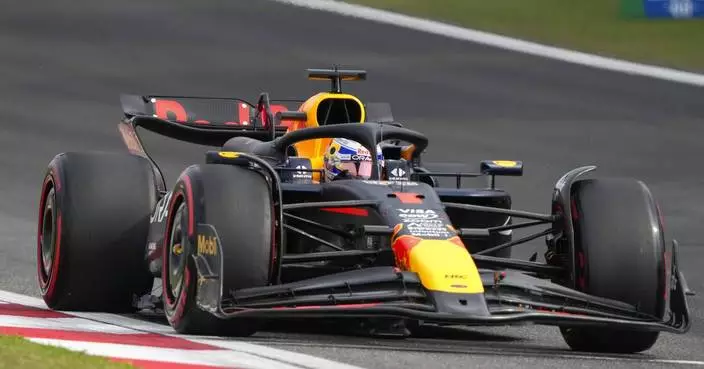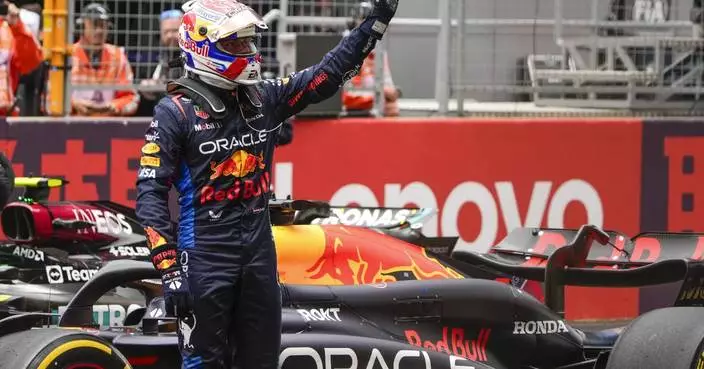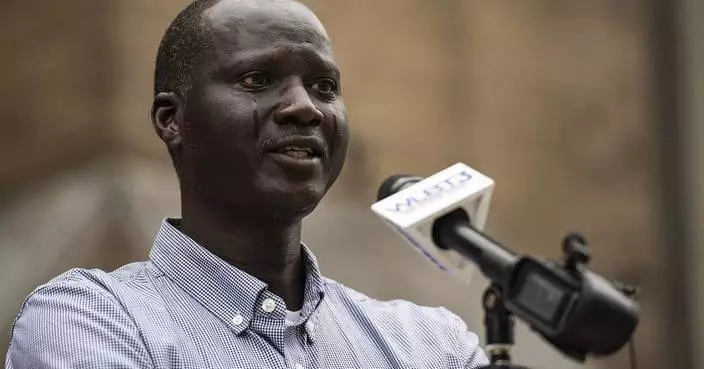Traditional medicine now has legal protection as well as increasing worldwide enthusiasm for its techniques.
Traditional Chinese medicine is a treasure of Chinese civilization. Through thousands of years of inheritance and development, the four traditional diagnosis methods-inspection, auscultation and olfaction, inquiry, and palpation-have been followed by practitioners for countless generations.
Click to Gallery
Traditional medicine now has legal protection as well as increasing worldwide enthusiasm for its techniques.
A report at the 19th CPC National Congress emphasized that China will carry out a comprehensive Healthy China initiative and "we will support both traditional Chinese medicine and Western medicine, and ensure the preservation and development of traditional Chinese medicine."
Through various forms of treatment, including herbal medicine, acupuncture, manipulation, massage, cupping, qigong and dietary therapy, traditional Chinese medicine balances yin and yang in patients' bodies to help them recover.
Traditional Chinese medicine, which involves preventive treatment and has strengths and characteristics in preventing and treating modern diseases, is increasingly acknowledged and accepted by countries and medical communities worldwide.
A patient receives electrical acupuncture therapy at Chongqing Cancer Hospital in Southwest China's Chongqing municipality. On the wall are images and instructions from famed ancient Chinese doctors, including Hua Tuo, Zhang Zhongjing, Li Shizhen and Sun Simiao. (Photo/China Daily)
An elderly woman receives acupuncture to treat his eye disease at a traditional Chinese medicine research institute in Southwest China's Chongqing municipality. (Photo/China Daily)
A patient receives moxibustion therapy at a traditional Chinese medicine hospital in Southwest China's Chongqing municipality. (Photo/China Daily)
Locals purchase healthy foods at a traditional Chinese medicine market in Southwest China's Chongqing municipality. (Photo/China Daily)
Diarra Boubacar, from Mali, takes the pulse of a patient at the traditional Chinese medicine hospital in the Xindu district of Chengdu in Southwest China's Sichuan province. Boubacar has been a TCM doctor for more than three decades. (Photo/China Daily)
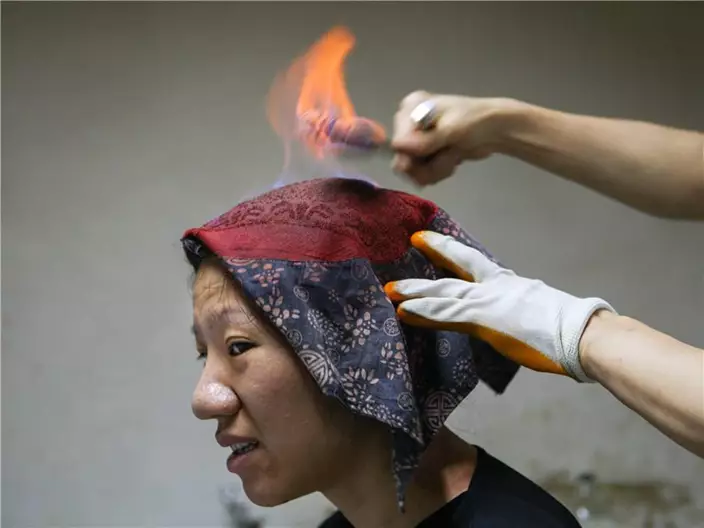
A woman receives a traditional ironing treatment at a traditional Chinese medicine hospital, named Shao Lin Tang, in Southwest China's Chongqing municipality. Ironing can treat conditions including dizziness, migraine and insomnia. (Photo/China Daily)
A report at the 19th CPC National Congress emphasized that China will carry out a comprehensive Healthy China initiative and "we will support both traditional Chinese medicine and Western medicine, and ensure the preservation and development of traditional Chinese medicine."
Traditional Chinese medicine has played a major role in the prevention and treatment of common, frequently occurring, difficult and complicated diseases, as well as major epidemic outbreaks.
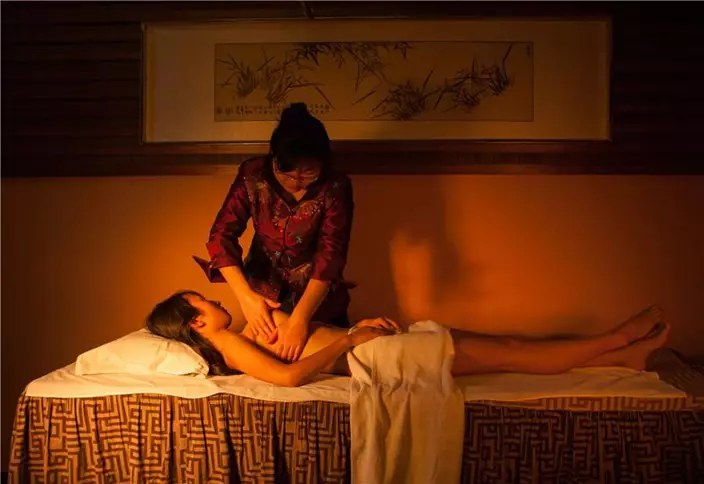
A woman receives a traditional massage at a clinic of traditional Chinese medicine in Southwest China's Chongqing municipality. (Photo/China Daily)
Through various forms of treatment, including herbal medicine, acupuncture, manipulation, massage, cupping, qigong and dietary therapy, traditional Chinese medicine balances yin and yang in patients' bodies to help them recover.
On July 1, China's first Law on Traditional Chinese Medicine was enacted. This is the first time that China has highlighted the important status of traditional Chinese medicine and put forward development plans and supportive measures from a legal aspect. The development of traditional Chinese medicine now has legal safeguards.
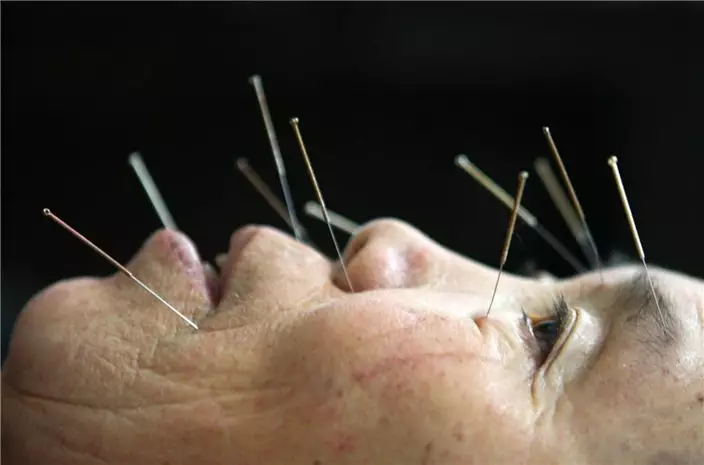
A patient receives acupuncture to treat facial numbness at a clinic of traditional Chinese medicine in Southwest China's Chongqing municipality. Chinese acupuncture was added to the United Nations World Intangible Heritage list in 2010. (Photo/China Daily)
Traditional Chinese medicine, which involves preventive treatment and has strengths and characteristics in preventing and treating modern diseases, is increasingly acknowledged and accepted by countries and medical communities worldwide.
With rapid economic development and the Belt and Road Initiative, Chinese people now enjoy better living standards and are much more aware of their health. All these factors provide new opportunities for the globalization and prosperity of traditional Chinese medicine.
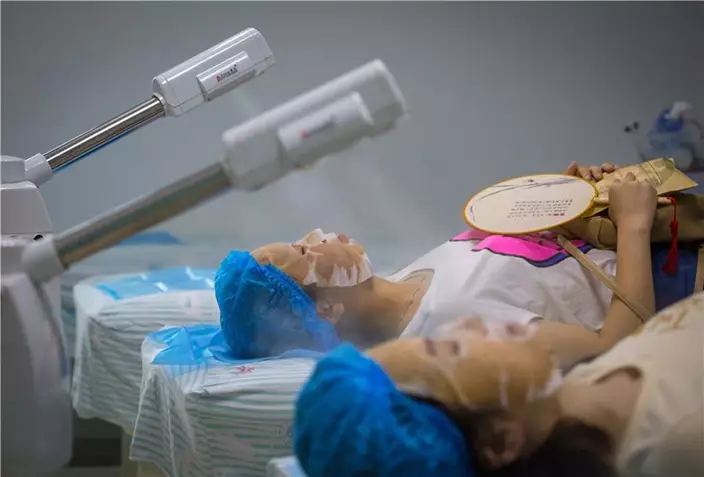
Two women experience facial masks made of herbal medicines at Chongqing Traditional Chinese Medicine Hospital in Southwest China's Chongqing municipality. (Photo/China Daily)
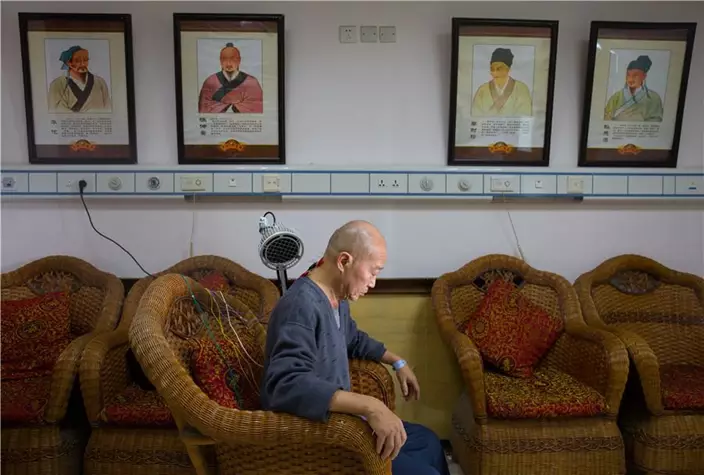
A patient receives electrical acupuncture therapy at Chongqing Cancer Hospital in Southwest China's Chongqing municipality. On the wall are images and instructions from famed ancient Chinese doctors, including Hua Tuo, Zhang Zhongjing, Li Shizhen and Sun Simiao. (Photo/China Daily)
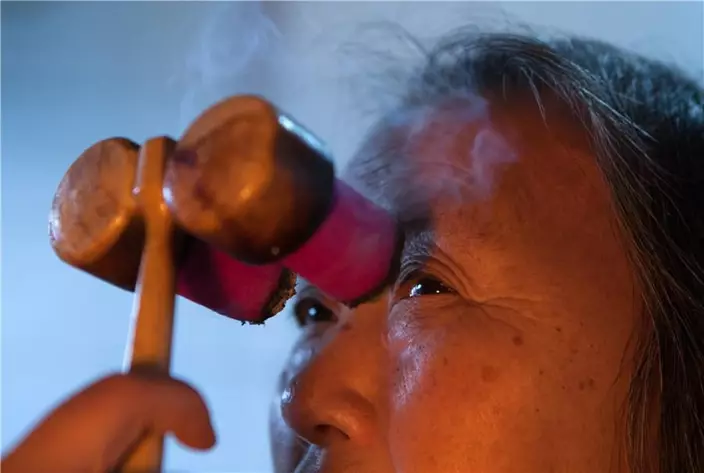
An elderly woman receives acupuncture to treat his eye disease at a traditional Chinese medicine research institute in Southwest China's Chongqing municipality. (Photo/China Daily)
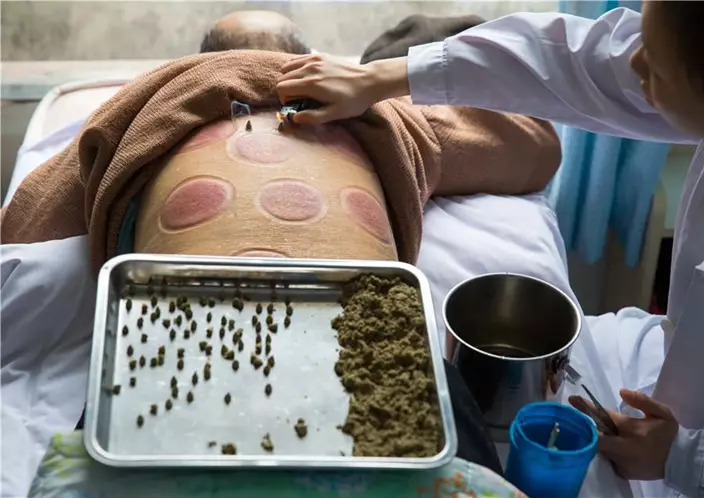
A patient receives moxibustion therapy at a traditional Chinese medicine hospital in Southwest China's Chongqing municipality. (Photo/China Daily)
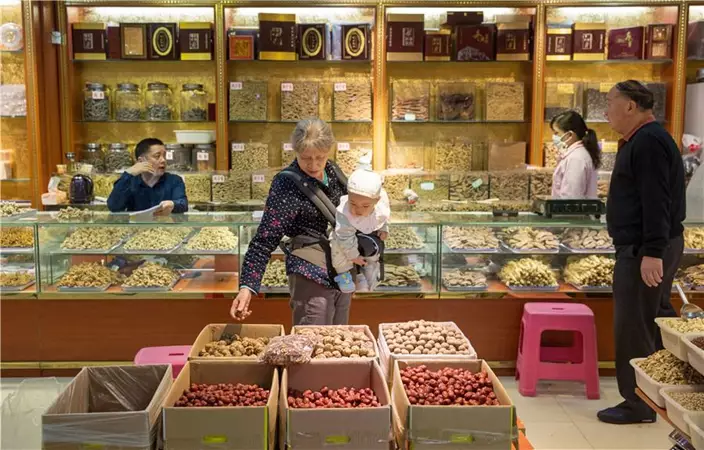
Locals purchase healthy foods at a traditional Chinese medicine market in Southwest China's Chongqing municipality. (Photo/China Daily)
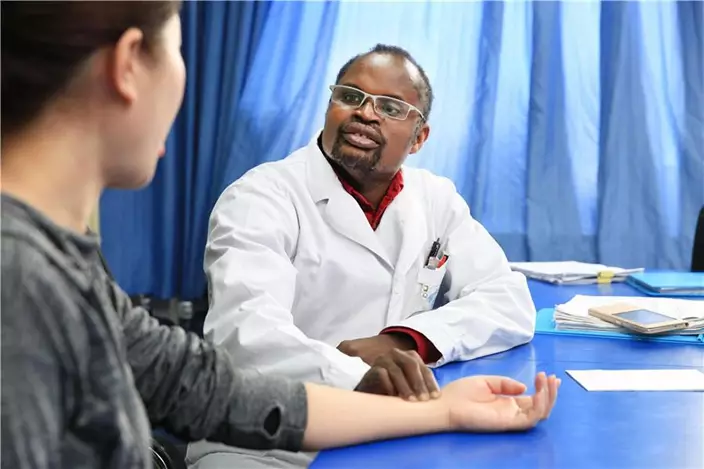
Diarra Boubacar, from Mali, takes the pulse of a patient at the traditional Chinese medicine hospital in the Xindu district of Chengdu in Southwest China's Sichuan province. Boubacar has been a TCM doctor for more than three decades. (Photo/China Daily)
GENEVA (AP) — The World Anti-Doping Agency on Tuesday defended the “strong reputation” of its choice of veteran Swiss prosecutor Eric Cottier to review how it handled the case of positive doping tests by 23 Chinese swimmers.
Cottier is “entirely independent” of WADA and international sports, it said, even as scrutiny of him increased over his friendship with a longtime colleague who worked with the agency and his enquiries into German broadcaster ARD’s previous investigation of a separate Olympic sport.
Cottier has been given until a few weeks before the start of the Paris Olympics in July to report on WADA’s acceptance in 2021 — in the months before the Tokyo Olympics and 2022 Beijing Winter Games held in a public health lockdown — of Chinese authorities’ explanation that the swimmers were contaminated by a banned heart medication found in a hotel kitchen.
The positive tests, including for three Chinese swimmers who won gold medals in Tokyo, were eventually detailed April 20 after months-long investigations by ARD and the New York Times.
Montreal-based WADA has since faced widespread skepticism from anti-doping officials, national swim teams and athlete groups about its decisions three years ago and picking Cottier.
For 17 years through 2022, Cottier was the attorney general of Vaud, the home canton (state) of the International Olympic Committee where WADA has its European office in Lausanne.
Choosing a prosecutor on the doorstep of the Olympic movement was “highly problematic,” Swiss anti-corruption expert Mark Pieth told The Associated Press on Monday.
During the last 13 years that Cottier was chief public prosecutor, the Vaud police commander was Jacques Antenen, who also worked with WADA from 2018 until last December as supervising auditor of the doping watchdog’s investigations team.
“I think it’s highly problematic and it’s totally unnecessary,” Pieth said of WADA’s selection process. “It shows they don’t have the awareness of possible conflicts of interest.”
When Antenen retired from Vaud police in 2022, the service’s in-house magazine published a photograph from the ceremony of him with Cottier captioned as the prosecutor having come “to greet an old friend.”
“The fact that he (Antenen) might know Mr. Cottier professionally in no way compromises Mr. Cottier’s independence in reviewing WADA’s handling of this case,” the agency said in a statement. It did not address a question asking if Antenen took part in nominating the special prosecutor.
Pieth was contacted by Cottier after speaking with ARD in 2020 for its investigative reporting of financial corruption and cover-ups of doping cases at the International Weightlifting Federation, which had an office in Lausanne.
Though the Vaud prosecution office then led by Cottier inquired about the issues in weightlifting raised by ARD in January 2020, it is unclear if further steps were taken.
The office did not immediately respond to questions sent by email on Tuesday.
Antenen produced annual reports over six years on his oversight and advisory work with the WADA investigations team, which was involved in the Chinese swimming case.
In his 2021 audit, Antenen said the WADA unit “alone cannot bear all of the responsibility for anti-doping investigations,” and called for it to verify the skills of national anti-doping bodies like China’s “to promote the creation of effective, independent and honest structures."
WADA has insisted since the ARD and New York Times reports that its legal, scientific and investigations managers agreed that evidence presented by China was consistent with the contamination theory and that all due process was followed.
AP sports: https://apnews.com/sports
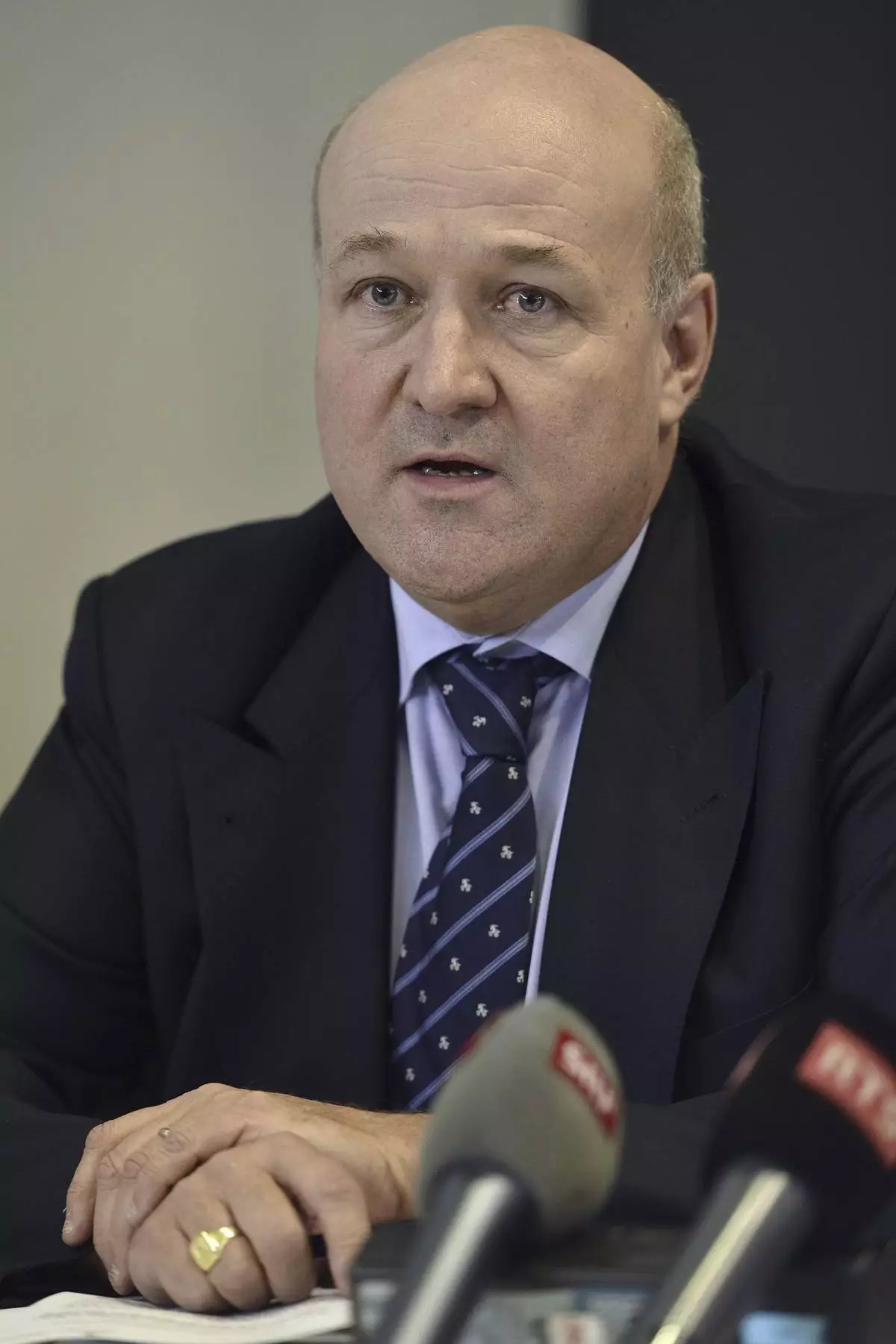
Swiss lawyer Eric Cottier speaks in Lausanne, Switzerland, May 15, 2013. OLY--WADA-Special Prosecutor. The World Anti-Doping Agency has defended its choice of veteran Swiss prosecutor Eric Cottier to review how it handled the case of positive doping tests by 23 Chinese swimmers. WADA says Cottier is “entirely independent” of the agency and international sports. (Martial Trezzini/Keystone via AP)
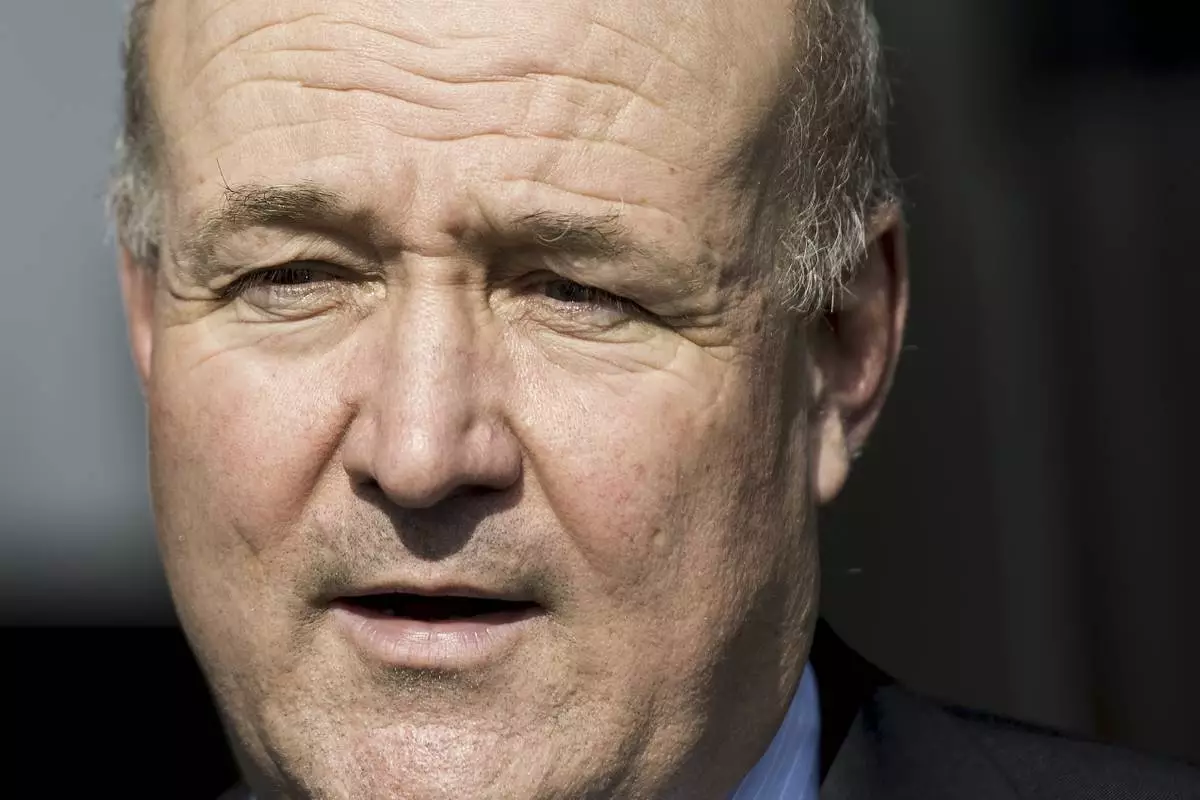
Swiss lawyer Eric Cottier looks on in Renens, Switzerland, March 3, 2016. The World Anti-Doping Agency has defended its choice of veteran Swiss prosecutor Eric Cottier to review how it handled the case of positive doping tests by 23 Chinese swimmers. WADA says Cottier is “entirely independent” of the agency and international sports. (Jean-Christophe Bott/Keystone via AP)














